Milica Kočović De Santo research associate of the Institute of Economic Sciences, got an invitation to presented research findings at the event Commons, Commoning, and Social Change Workshop
Milica Kočović De Santo research associate of the Institute of Economic Sciences, got an invitation to presented research findings at the event Commons, Commoning, and Social Change Workshop, held in hybrid format on November 11 and 12, 2023. This event was attended by thirty international participants from academia who presented their works within 9 sessions, organized by the School for Environment and Sustainability, University of Michigan. The scientific event in the form of a workshop was designed in interesting format. Each participant had to prepare research draft and presentation in advance, so the participants could familiarize themselves with each research and timely prepare questions for a quality discussion within the event itself. Keynote speakers were contemporary leading scholars in the field of commons and commoning theory, Sheila Foster and Angelos Varvarousis.
In session 3, Milica Kočović De Santo presented research and conclusions, reached relying on the research conducted by the team EPICA project, funded by Science Fund RS - on the topic Rebellious spirit of the place re-creates commoning, after which a high-quality scientific and professional discussion was opened.
The scientific event covered a variety of topics and conclusions arising from a large number of case studies, sectors, departments and phenomena. The presentations included the topics of practicing common with the aim of management and development:
- Spatial planning practices that integrate social, environmental and climate justice; The transformative and sustainable potentials of practicing commoning on the examples of urban gardening, sustainable food production systems; clothing; circular, social and solidarity economy;
- Achieving sustainability through polycentric forms of natural resource management (water, ponds, oceans, forests)
- Participatory processes and empowerment through practicing the common (communing) (through examples of climate justice management by youth; economically feminist approaches to the common in terms of housing and care policies;
- Asset management (food commission systems; integration of wild animals and the rights of nature into management activities, etc.)
- Frameworks and models (Blockchain as a transformative system of sharing; evolution of institutions and agent-based models;
- From fashion to the future (commons and commoning in the textile industry) and 7) commons and extractivism (food, mining industries, forests)
Studies on commons and practicing commons (commons and communing) come from heterodox economic theoretical reflections. More precisely, institutional and evolutionary economics represent the basic theoretical starting points in the study of the commons. The mentioned starting points presuppose meta-analytic and interdisciplinary frameworks, established within the social and humanistic sciences.
The most significant findings regarding commons were made by Elinor Ostorm. Ostrom won the Nobel Prize in Economics for decades of dedicated work on the commons. Apart from the work of Ostrom and her colleagues, the discourse on commons did not almost exist until the early 1990s, even among radical groups of thinkers. The financial crisis of 2008, which transformed into a series of multidimensional connected crises, opened up space for critical reflections on the structures and institutions of Western societies. In a practical sense, the crisis represented a space for enormous attention and actuality of the theme of the commons and communing - as a systemic alternative to capitalism, in the form of establishing social and economic organization on different bases.
This leads to a shift in thinking about the common as a resource (commons), according to the verb that reflects practice (communing). Socio-economic practices, which are territorially rooted, enter into the analysis. With that, a series of discussions about phenomena that can be considered from different theoretical starting points have been opened. The commons and practicing the common (communing) is present almost everywhere: in public space, schools, protected areas, families, factories, streets and almost all other differently defined institutional frameworks.
Fundamentally important for the re-production of the commons is that the commons has become synonymous with the collective reproduction of life and the practices that constitute it. Management practices jointly assume certain settings and roles in social and economic life.















